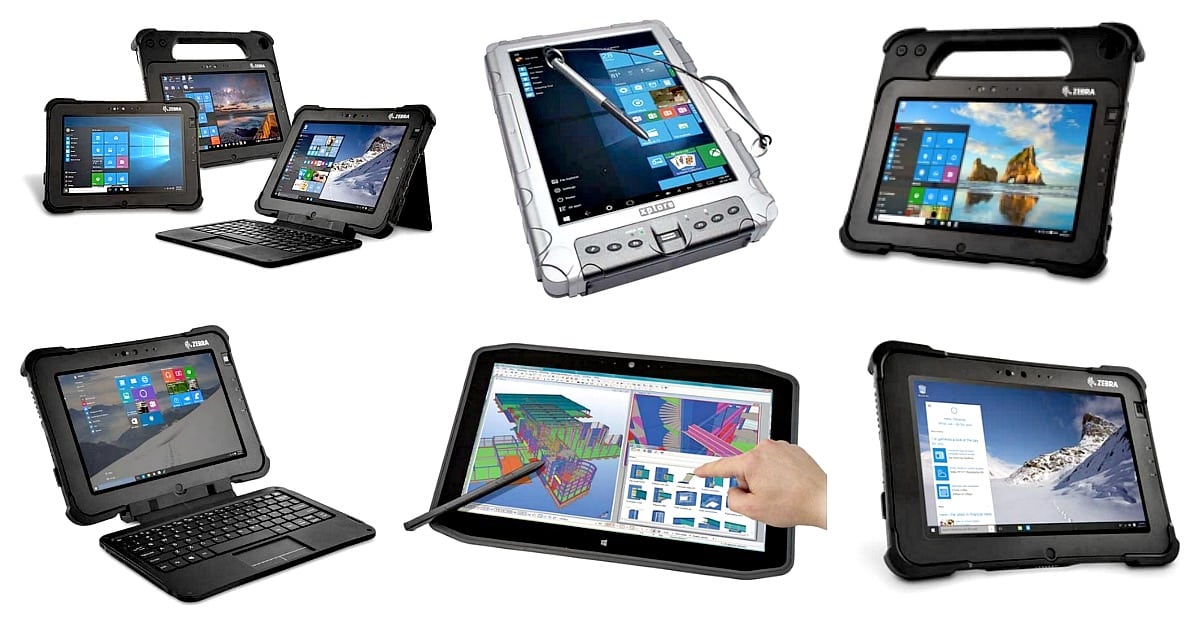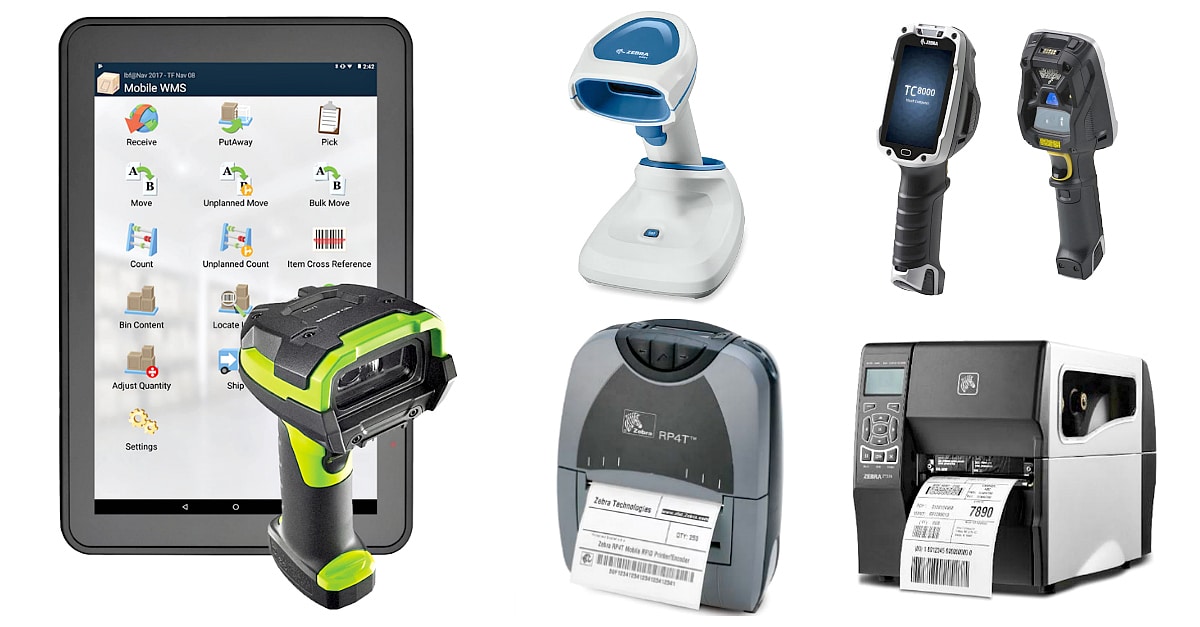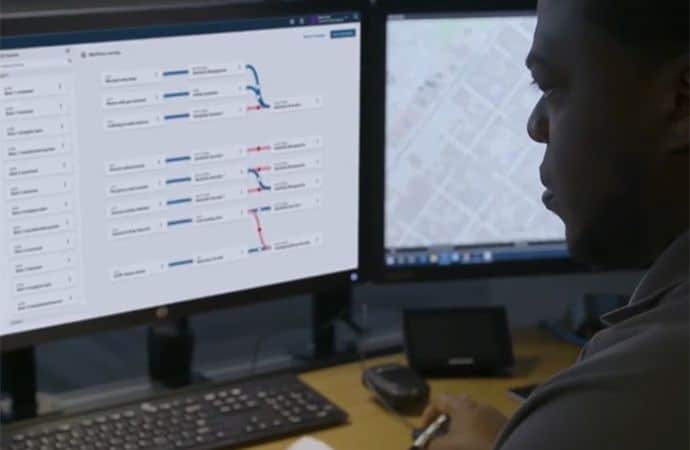Commenco partners with reputable software companies and independent developers to offer customers a total package.
Mike Markham, Commenco’s Director of Technology Solutions oversees our partnership program and says his background offers a distinct advantage.
“My career includes hardware expertise at Commenco and more than two decades of software work before that. I understand both sides of a hardware-software relationship and I think there’s a way everyone can win, especially the customer.”
The Cost of Avoiding Partnership
Markham says software companies are naturally focused on their software work and the hardware side of things can be a distraction they don’t feel they can afford.
“It’s totally understandable,” says Markham. “Developing software is very, very complex. There are a thousand options and all kinds of potential for problems. It takes a lot of focus and concentration. Hardware is one more thing that can divide a software developer’s attention.”
However, hardware is often unavoidable. Software customers typically ask for a hardware referral at some point. If the software company doesn’t have a partner or offers no referral, they leave the customer to blindly shop for hardware and that can easily backfire.
“When a customer comes to a hardware company, the first thing that hardware company is going to ask is, “What kind of software are you using?” If that hardware company knows of different software that works better with its hardware, they’re going to recommend it. So the referring software company suddenly has a competitor and doesn’t even know it.”
Even if a competitive problem doesn’t materialize, a timing problem can. Getting a hardware company involved at the last minute can trigger serious software implementation delays and reflect poorly on the software. Implementation depends on the coordination of wired or wireless infrastructure and the network of hardware involved from mobile devices to printers. The location of hardware can be a factor as well, particularly in a wireless environment.
“All of these things have to work in concert for a software application to operate as it should,” says Markham. “If there’s a problem, a customer’s perception might be that the software is bad when it’s actually something else.”
A Partnership that Works
Markham is eager to get the word out about Commenco’s approach to partnering with a software company. A key element of that approach is a commitment to protecting a software partner’s prospect opportunities.
“Commenco wants to help you keep those opportunities and defend against competitors. Working with us means knowing the sale of your software will be paramount in anything we bring to the table in terms of hardware solutions and infrastructure development. That’s a huge part of what we offer as a partner.”
Another huge part is the peace of mind knowing your company’s software will work well with the hardware and infrastructure your customers need. Markham says there are so many technical factors affecting a software application that you just can’t leave it all to chance and risk a bad client experience.
“We will work with you to certify that the devices we recommend are appropriate for your software. We’ll also give you the hardware for software testing purposes.“

Commenco will even generate a document that you can put in front of your customers that details a hardware recommendation and certification, how to obtain the hardware, and how much it costs including any volume discounts. Markham says Commenco will then configure all hardware as certified to eliminate surprises when it’s time to train a customer’s employees on the new software.
“We’ll make sure everything is ready to go when training begins because we understand that’s critical. Employees are already feeling a little anxious about transitioning to a new software system so the last thing they want is a last-minute glitch.”
Another key component of Commenco’s partnership commitment is maintenance. Commenco won’t disappear after installation is completed for a software partner’s customer. Markham says ongoing maintenance is important.
“Everything is changing, especially when it comes to software, network infrastructure, hardware and how it all works together. We take a comprehensive view of the whole system and feel a sense of responsibility for it. Maintenance keeps customers happy and loyal, and it’s part of what we do for our software partners and their customers.”
We work closely with software partners and hardware manufacturers as a team to streamline the resolution of any maintenance issues that might pop up. Markham says no one wants to be abandoned on an island of frustration.
“We’ve all been there as customers. Something’s not working right and you call someone. They tell you to call someone else and it goes on and on. Commenco streamlines troubleshooting and helps connect the customer with the right sources for more direct assistance. That can also take some of the burden off of software support teams. And we can facilitate communication between those support teams and hardware manufacturers as necessary to help avoid expensive support contracts.”
Partnership Pays Even More
Markham draws from his software experience to customize an especially valuable commission opportunity for Commenco software partners. He says software companies are used to not knowing for sure if they’re getting the kind of commission they’re promised, so he’s making Commenco’s commission arrangement more transparent. It’s based on a project’s gross hardware sale so that the software partner can have visibility into the numbers.
“We want our software partners to know that we understand the customer is your customer and we are simply an extension of you. You’ll know our revenue from your project and be able to verify that we’re delivering exactly what we promised in terms of commission.”
In addition to transparency, Commenco increases commission levels based on lifetime gross sales, not annual gross sales. That means there’s no starting over every year and your commission level keeps rising.
“We want to keep building strong relationships over time,” says Markham. “And we’ve built a commission structure that backs that up.”







